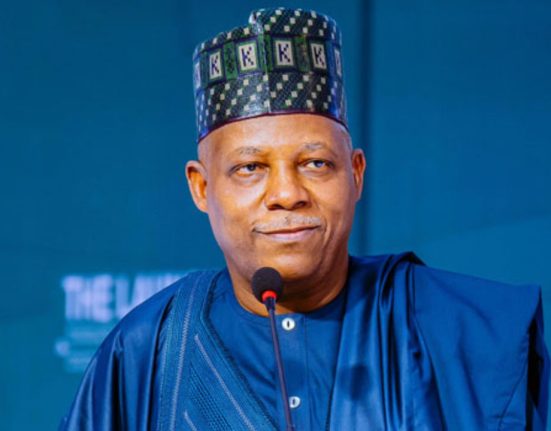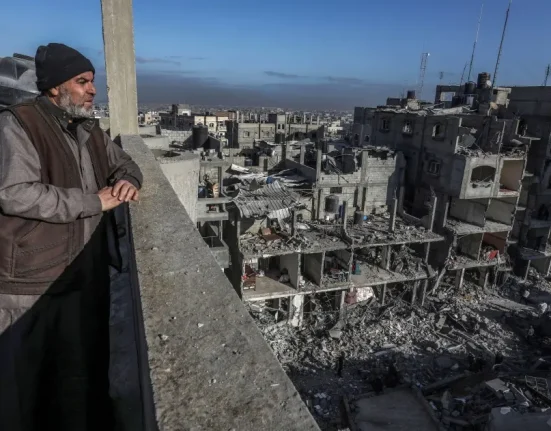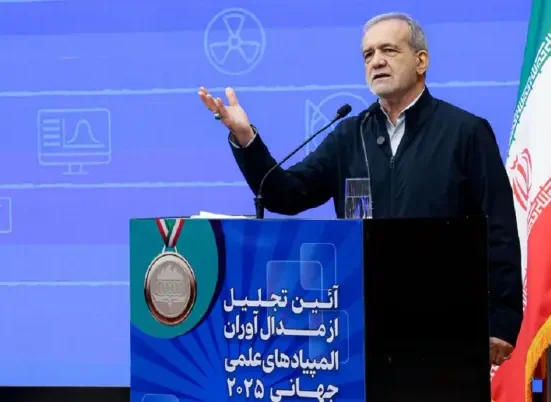The World Bank has approved three major financing operations totaling $1.08 billion to bolster education, nutrition, and economic resilience initiatives across Nigeria, according to a statement released on the bank’s website.
This substantial funding package consists of $500 million in additional financing for the Community Action for Resilience and Economic Stimulus Programme (NG-CARES), $80 million for Accelerating Nutrition Results in Nigeria (ANRIN 2.0), and $500 million for the Hope for Quality Basic Education for All (HOPE-EDU) initiative.
The NG-CARES program, originally established to mitigate COVID-19 economic impacts, will expand its support for livelihood enhancement, food security services, and grants targeting poor and vulnerable households. Having already reached over 15 million beneficiaries, the program has evolved into a responsive platform delivering multisectoral interventions including social transfers, labor-intensive public works, livelihood grants, and small business support.
Dr. Ndiamé Diop, World Bank Country Director for Nigeria, emphasized that investing in human capital represents Nigeria’s best opportunity to unlock its enormous potential. This additional financing comes at a critical time as Nigeria navigates economic challenges stemming from the 2023 fuel subsidy removal and foreign exchange rate unification.
The ANRIN 2.0 program aims to improve nutrition services for pregnant women, lactating mothers, adolescent girls, and children under five in selected areas. Building on its predecessor’s success in delivering nutrition services to over 13 million children between 2018 and 2024, the initiative aligns with Nigeria’s National Development Plan and focuses on preventive and curative nutrition interventions.
Meanwhile, the HOPE-EDU initiative will support foundational literacy and numeracy, improve access to basic education, and strengthen education systems across participating states. This project is expected to benefit 29 million public primary school pupils, 500,000 teachers, and more than 65,000 public primary schools while addressing school overcrowding and decentralizing education funding. The initiative will receive additional support of $52.18 million from the Global Partnership for Education Fund.
“These new programs will help accelerate education quality and support vulnerable citizens,” Dr. Diop noted. “The HOPE-EDU program will enable better education outcomes by implementing bold reforms and making the right investments to equip the fast-growing young population with foundational skills necessary for rapid and inclusive economic growth.”
The World Bank’s substantial financial commitment demonstrates its continued support for Nigeria’s development priorities, with programs designed to have significant positive impacts on millions of Nigerians, particularly vulnerable populations.







